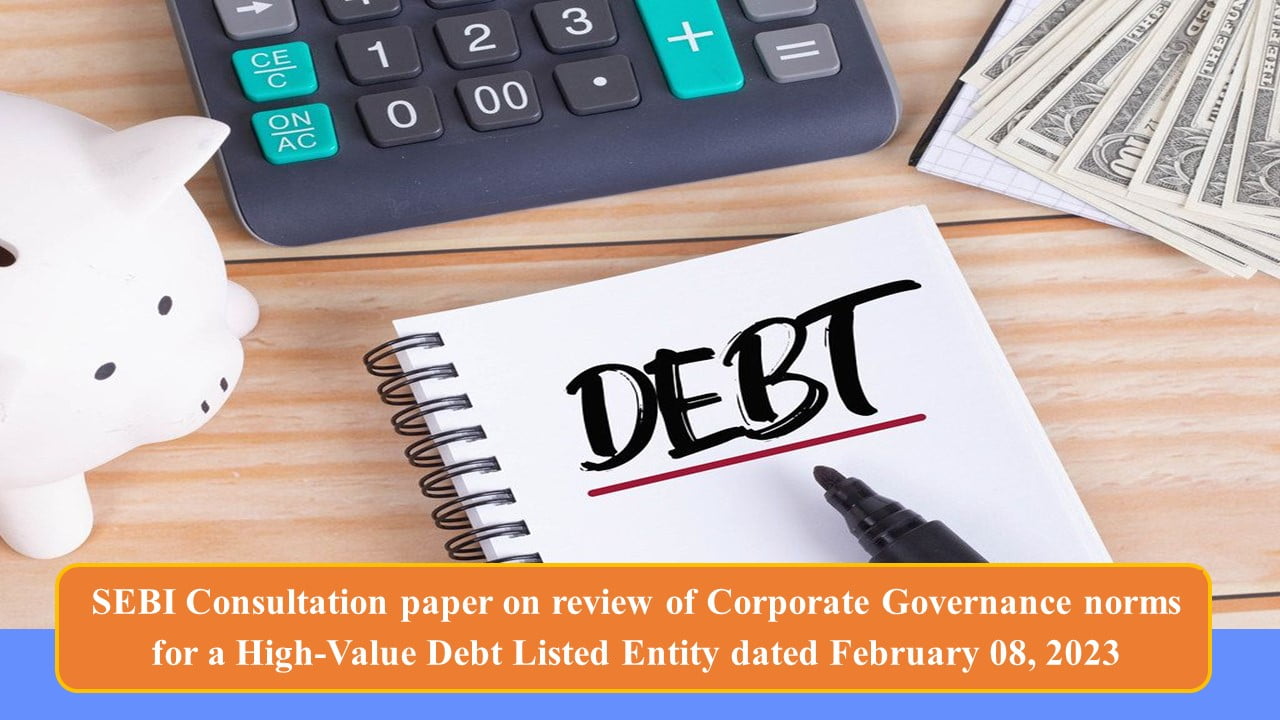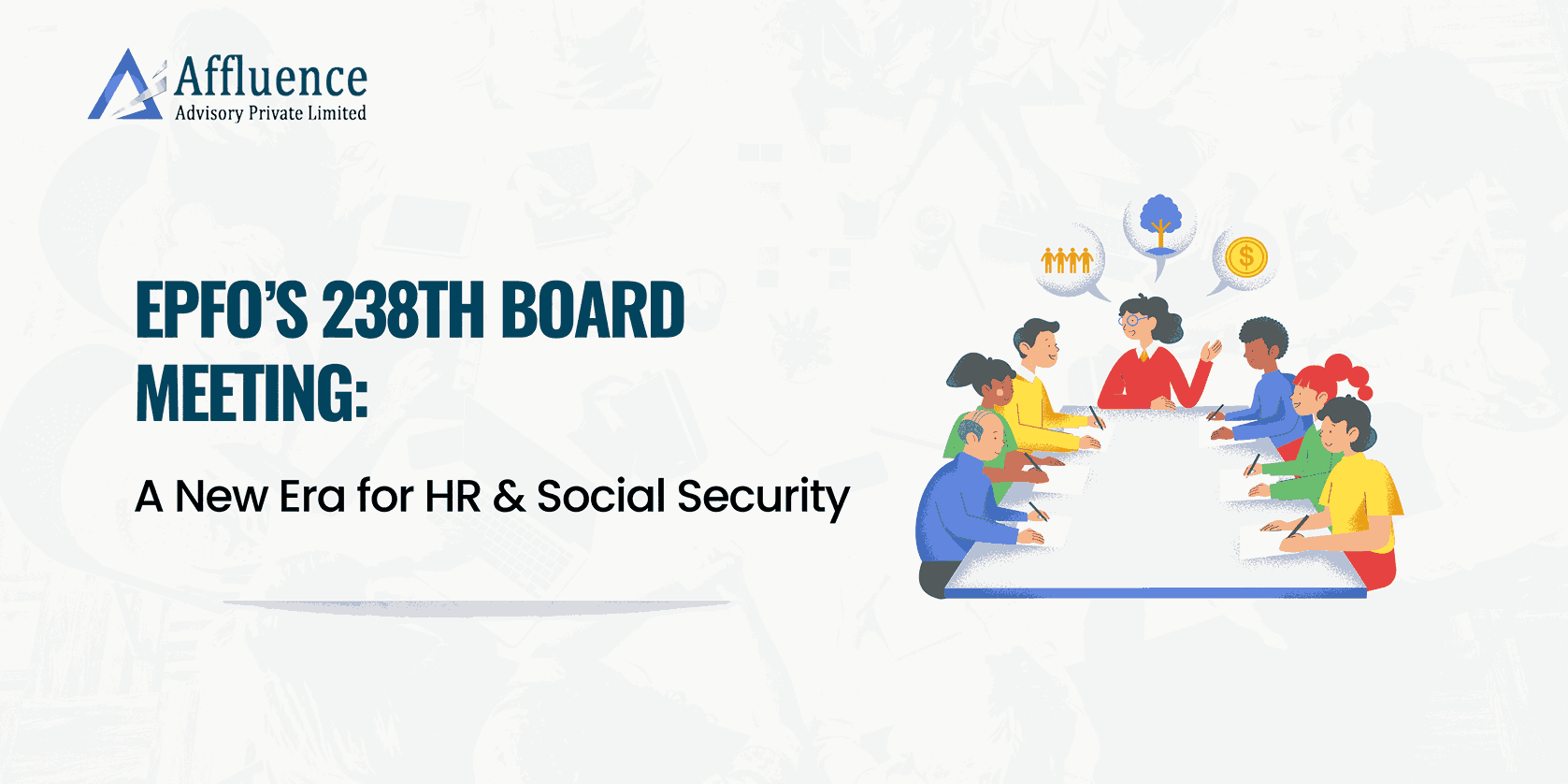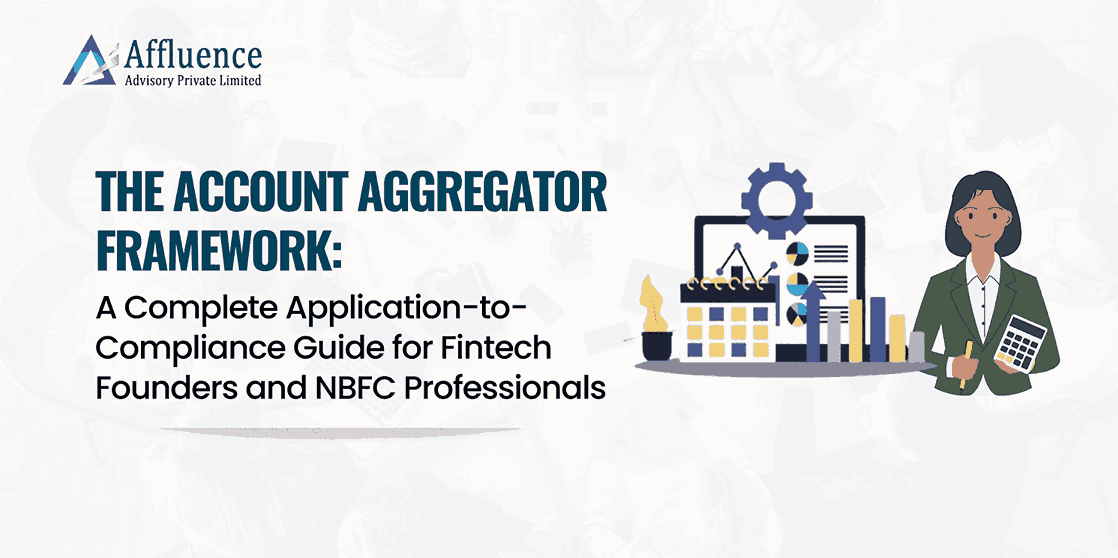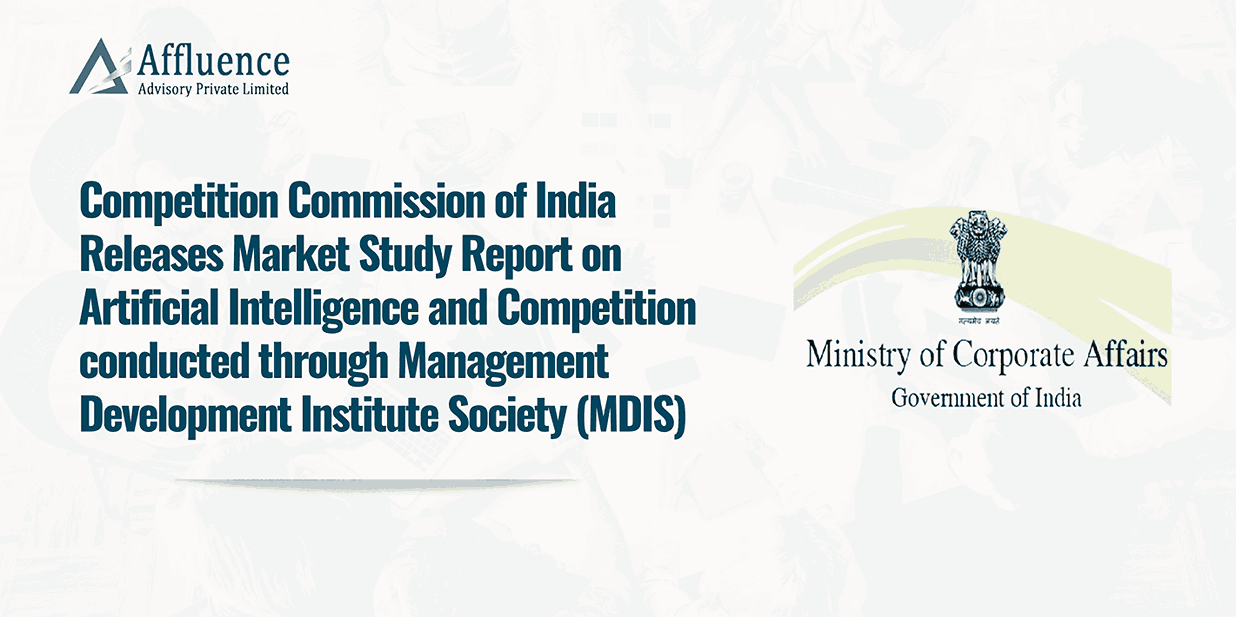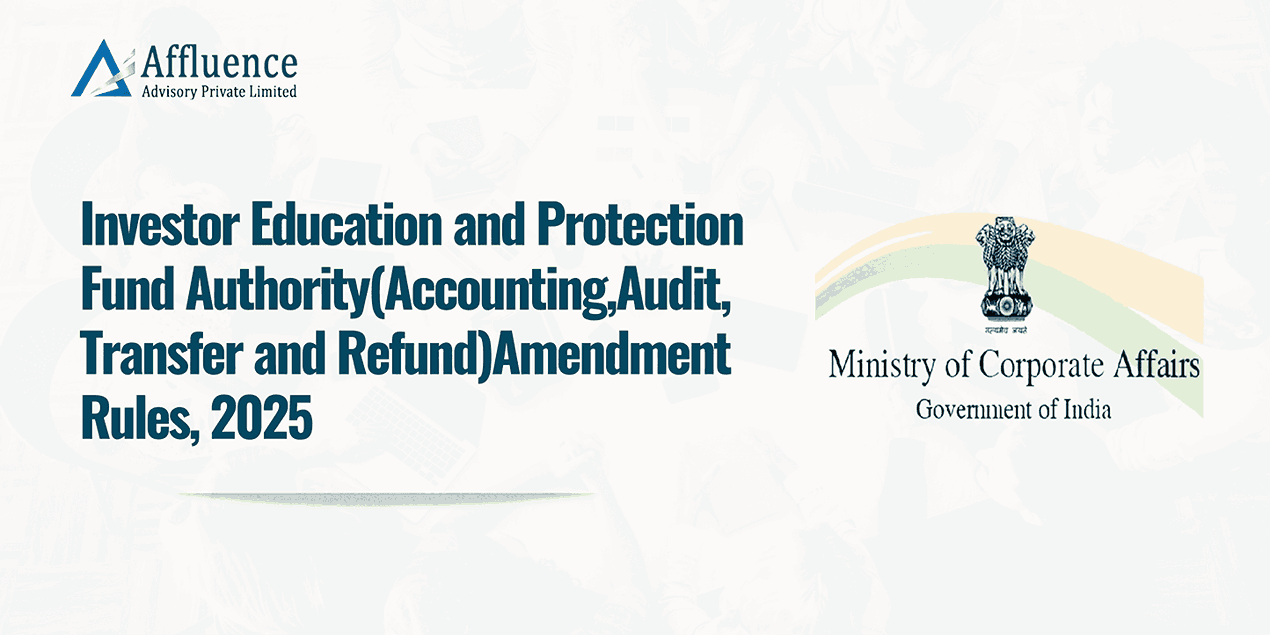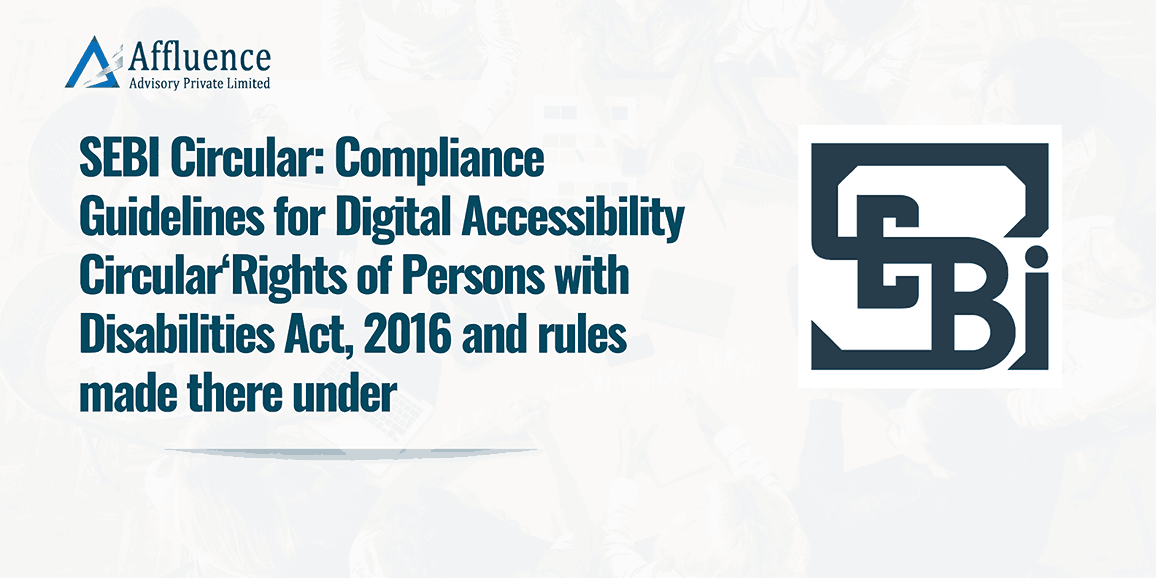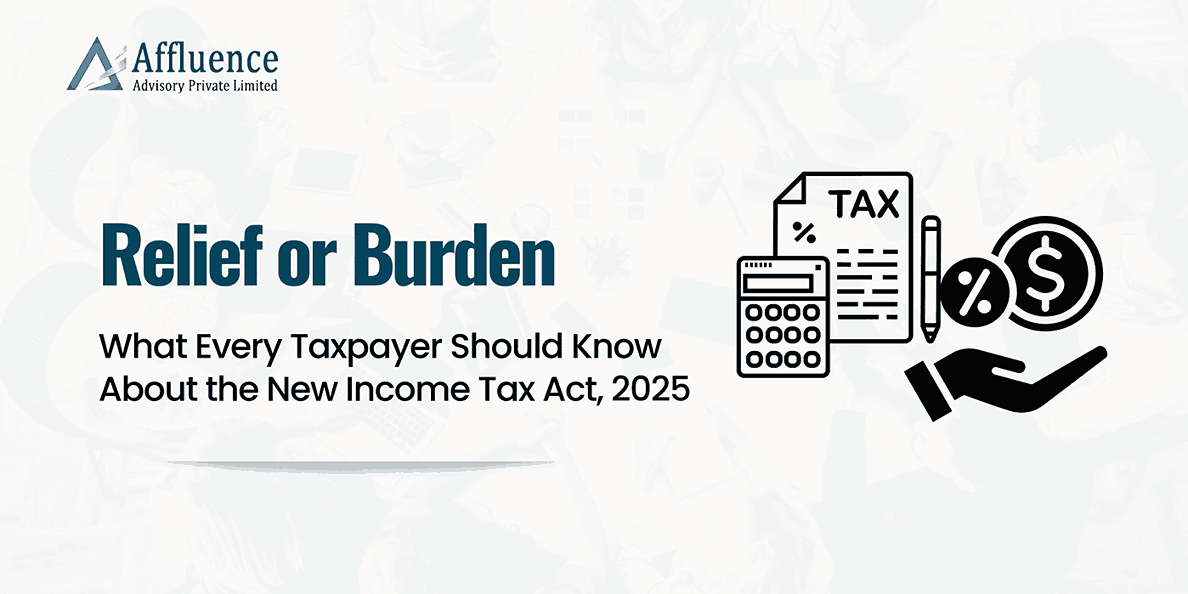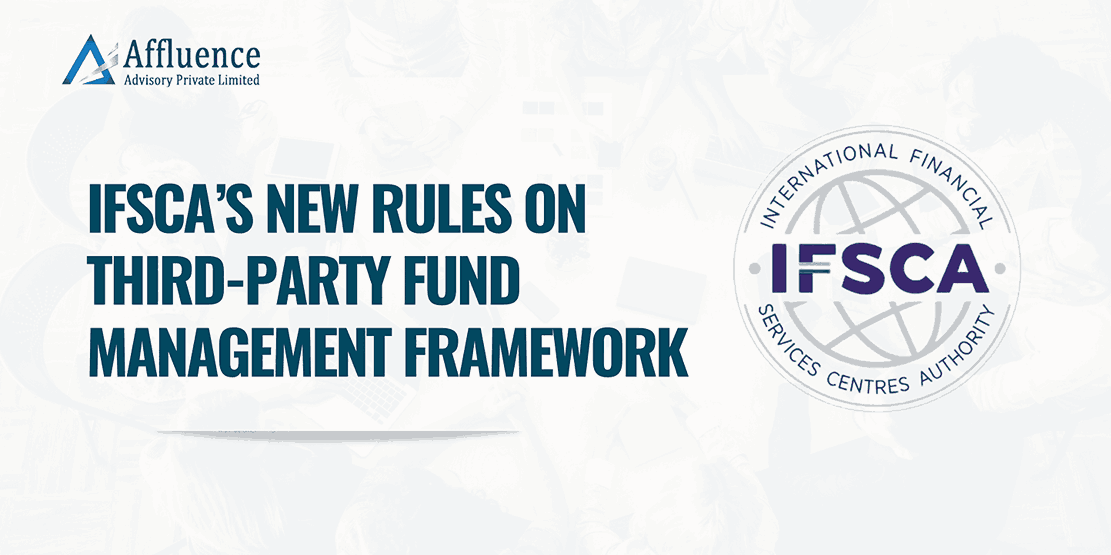A) REGULATION 23(4) OF LODR
The Securities and Exchange Board of India (SEBI) introduced the concept of High Value Debt Listed Entity (HVDLE) by amending SEBI (Listing Obligations and Disclosure Requirements) Regulations, 2015 (LODR) vide notification dated September 07, 2022. An HVDLE is an entity which has listed its non-convertible debt securities on a recognised stock exchange and has an outstanding principal value of listed non-convertible debt securities of Rs. 500 Crore and above. Corporate Governance norms specified in LODR were also made applicable to HVDLE through the aforementioned amendment on a ‘comply and explain basis’ until March 31, 2023 and on a mandatory basis thereafter.
In order to regulate all the RPTs and ensure the protection of the interest of the Debenture holders as they are also the lenders of the Company, SEBI has come up with a consultation paper pertaining to the review of Corporate Governance norms for a High Value Debt Listed Entity. It is open for public comments till February 23, 2023.
EXISTING APPROVAL MECHANISM UNDER REGULATION 23(4) OF LODR:
| SR. NO | TYPE OF TRANSACTION | APPROVAL ROUTE* |
|---|---|---|
| 1. | All Material RPTs | Prior shareholder’s approval |
| 2. | Subsequent Material modifications as defined by the Audit Committee | Prior shareholder’s approval |
| 3. | RPTs where the listed subsidiary is a party but the listed entity is not a party and where Regulation 23 and 15(2) are applicable to the listed subsidiary | No prior shareholder’s approval is required by the listed entity |
| 4. | RPTs entered by unlisted subsidiaries of a listed subsidiary | Prior approval of the shareholders of the listed subsidiary |
*no related party shall vote to approve such resolutions whether the entity is a related party to the particular transaction or not.
CHALLENGES FACED BY HVDLE:
The difficulty in transacting RPTs where shareholder’s approval is required as represented by HVDLEs is that the shareholding in HVDLEs is concentrated i.e. the shares are wholly/substantially held by one or few shareholders who are related parties. This makes it difficult for them to take approval from shareholders for RPTs as majority of the shareholders who fall in the definition of Related Parties cannot vote on such approval and the rest of the shareholders who are eligible to vote hold a very small portion of the equity which is almost negligible.
COURSE OF ACTION SUGGESTED BY SEBI:
SEBI has analysed the issue pertaining to HVDLEs ‘impossibility of compliance’ in relation to shareholder’s approval to be sought for RPT transactions and has come up with the following course of action. However, HVDLEs who have only listed their non-convertible debt securities and have 90% or more of the shareholders in number as related parties shall be able to take benefit of the prescribed course of action.
- A copy of the agenda of the General Meeting where an item pertaining to RPT is proposed will also be shared with the debenture holders holding listed non-convertible debt securities (‘debenture holders’).
- The Debenture holders shall submit their objections in writing or through electronic mode at the Company’s dedicated functional email ID within 7 days from the dispatch of the agenda item.
- If the number of objections received exceeds 75% or more in value out of the total responses received then the Board of Directors shall withdraw the RPT agenda.
- If the agenda goes to the shareholders for approval then all the Related Parties can vote on such RPTs. (SEBI has considered the third proviso of Section 188(1) of the Companies Act, 2013 for granting this exemption.)
CERTIFICATION BY A PRACTICING COMPANY SECRETARY (PCS):
A PCS has to examine the responses received from the Debenture holders and issue a certificate within 3 days from the last day by which responses from the debenture holders are to be received. The certificate should contain a log of total responses received, number of objections and no-objections received. In case there are no responses received, a certificate mentioning the same is also to be issued by the PCS.
The certificate shall be disseminated promptly on the website of the company, the website of the Stock Exchanges, the website of the Debenture Trustee and sent by email to the shareholders and to the debenture holders.
B) REGULATION 15(2) OF LODR
The corporate governance norms become applicable to HVDLE once its non-convertible debt securities are listed on a recognised stock exchange and have an outstanding principal value of listed non-convertible debt securities of Rs. 500 Crore and above. As per Regulation 3(3) of LODR, the corporate governance norms shall continue to remain applicable to a HVDLE even if the value of outstanding listed debt securities falls below the prescribed limit. However, in the case of entities that have their specified securities listed on Stock exchanges, corporate governance norms remain applicable only for a period of three consecutive financial years from the time such listed entities fall below the specified threshold.
An alignment in terms of the period of applicability of corporate governance norms to HVDLEs with that of listed entities that have their specified securities listed is now proposed through means of this consultation paper. It is proposed that once the regulations become applicable to a HVDLE, they shall continue to remain applicable till such time the outstanding value of listed non-convertible debt securities of such entity reduces and remains below the specified threshold for a period of three consecutive financial years.
Disclaimer: This article provides general information existing at the time of preparation and we take no responsibility to update it with the subsequent changes in the law. The article is intended as a news update and Affluence Advisory neither assumes nor accepts any responsibility for any loss arising to any person acting or refraining from acting as a result of any material contained in this article. It is recommended that professional advice be taken based on specific facts and circumstances. This article does not substitute the need to refer to the original pronouncement

